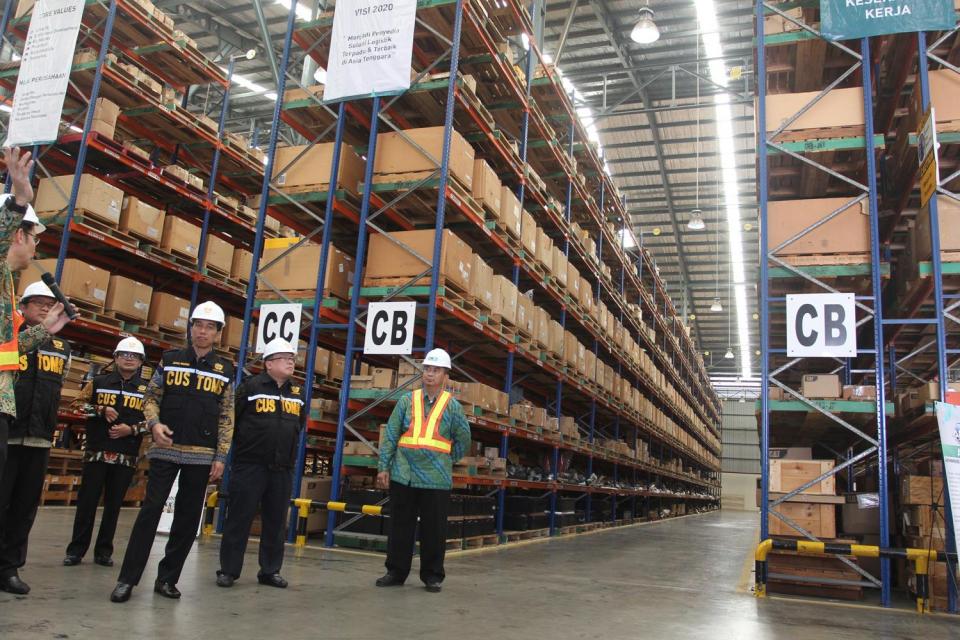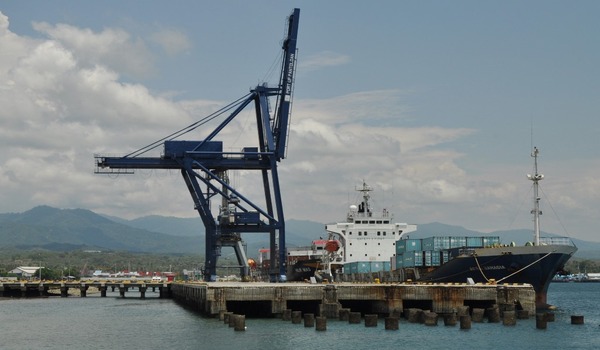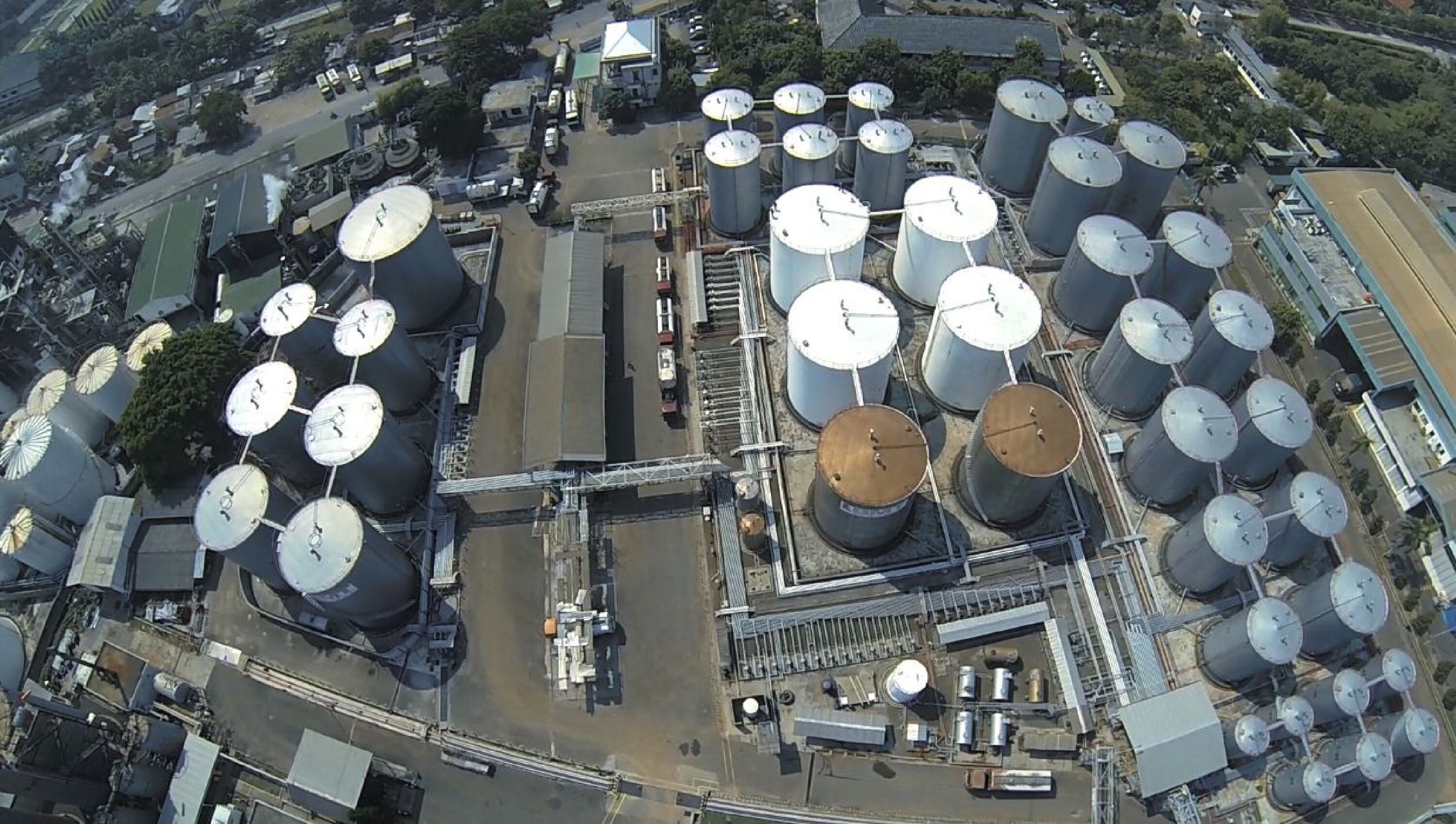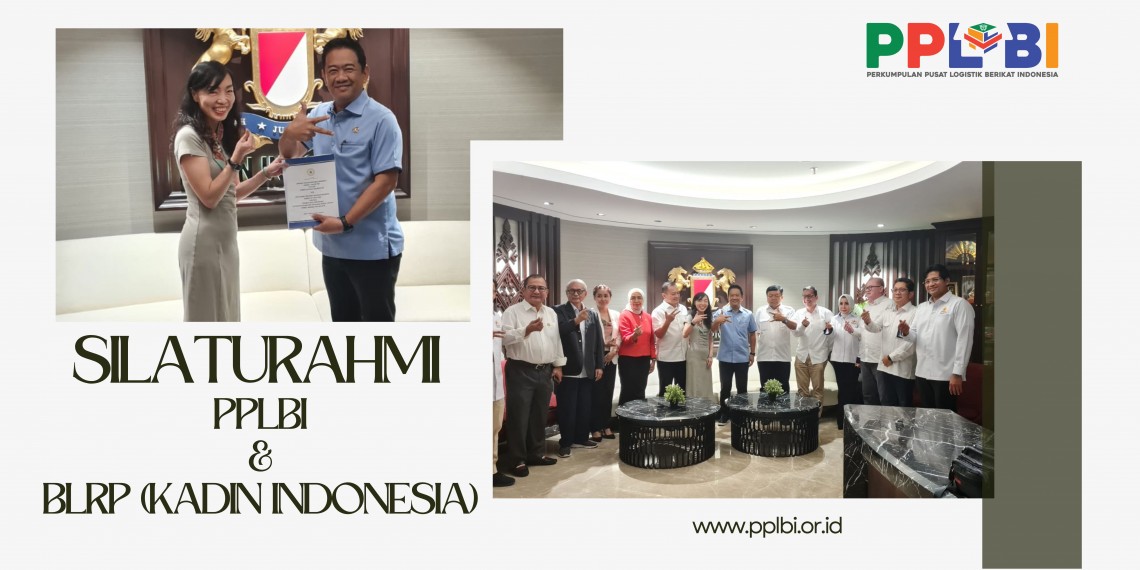The development of the Bonded Logistics Center (PLB) is carried out to accelerate unloading times at ports, reduce logistics costs, and enable centralized oversight.
The government has launched the second-generation Bonded Logistics Center (PLB), an expansion of the first-generation PLB. Objectives include accelerating unloading times (dwelling time) at ports, lowering logistics costs, and centralizing oversight. New PLB developments include those for alcoholic beverages and e-commerce.
PLBs are multifunctional logistics warehouses for storing imported or exported goods, offering tax facilitation such as deferred import duty payments and exemption from Value Added Tax (VAT) and/or Sales Tax on Luxury Goods (STLG), along with other operational flexibilities.
Director General of Customs and Excise Heru Pambudi stated that alcoholic beverages were included in PLBs because distributors had previously stored their products in Singapore. Indonesian distributors would then import alcoholic beverages in small batches for distribution across regions.
"We want sellers to directly bring large shipments to Indonesia, which we can then distribute and monitor collectively," said Heru at the Ministry of Finance office in Jakarta on Monday (4/2). (Also read: Batam Special Economic Zone to Be Established by 2020 at the Earliest).
Specifically, PLB expansion involves adding eight new types: PLBs for staple goods like soybeans, wheat, and corn; an air cargo hub PLB at Ngurah Rai Airport, Bali; finished goods PLBs for alcoholic beverages in Jakarta, Surabaya, Bali, and Belawan.
Additionally, there will be e-commerce distribution center PLBs; Finished Goods PLBs; Floating Storage PLBs in Riau Islands waters; export commodity (tin) PLBs in Bangka Belitung; and Small and Medium Industry (IKM) PLBs.
Heru added that PLB expansion was driven by the first-generation PLB's demonstrated benefits, including reduced dwelling times, lower goods storage costs, and lower technical inspection costs. "This also accommodates global economic demands and developments, particularly in e-commerce," he said.
Seven companies have expressed interest in operating new PLBs: Perum Bulog, Japfa, Cargill, Fonterra Milk, Alcoholic Beverage Importers Association, Java Integrated Industrial Port and Estate (JIIPE), and IdEA.
Current cost efficiencies from PLB development include US$5.1 million/year savings on heavy equipment importers' storage space rentals, reduced freight costs (from 2-3 vessels to just 1 vessel) for one PLB user.
Other savings include Rp7.18 million/container per three months in storage costs, and the relocation of three warehouses covering 12,736 square meters from Singapore to Indonesia by heavy equipment importers.
First-generation PLBs reportedly operate at full utilization. Inventory stored in PLBs reached US$2.6 billion, including US$606 million in goods previously stored in Singapore. These PLBs span 75 locations from Lhokseumawe, Aceh to Sorong, Papua, operated by 55 businesses.
"This inventory stored by all bonded logistics companies primarily originates from Singapore, China, Japan, USA, Saudi Arabia, Germany, Malaysia, Kuwait, UK, India, Argentina, Brazil, Finland," Heru stated.



